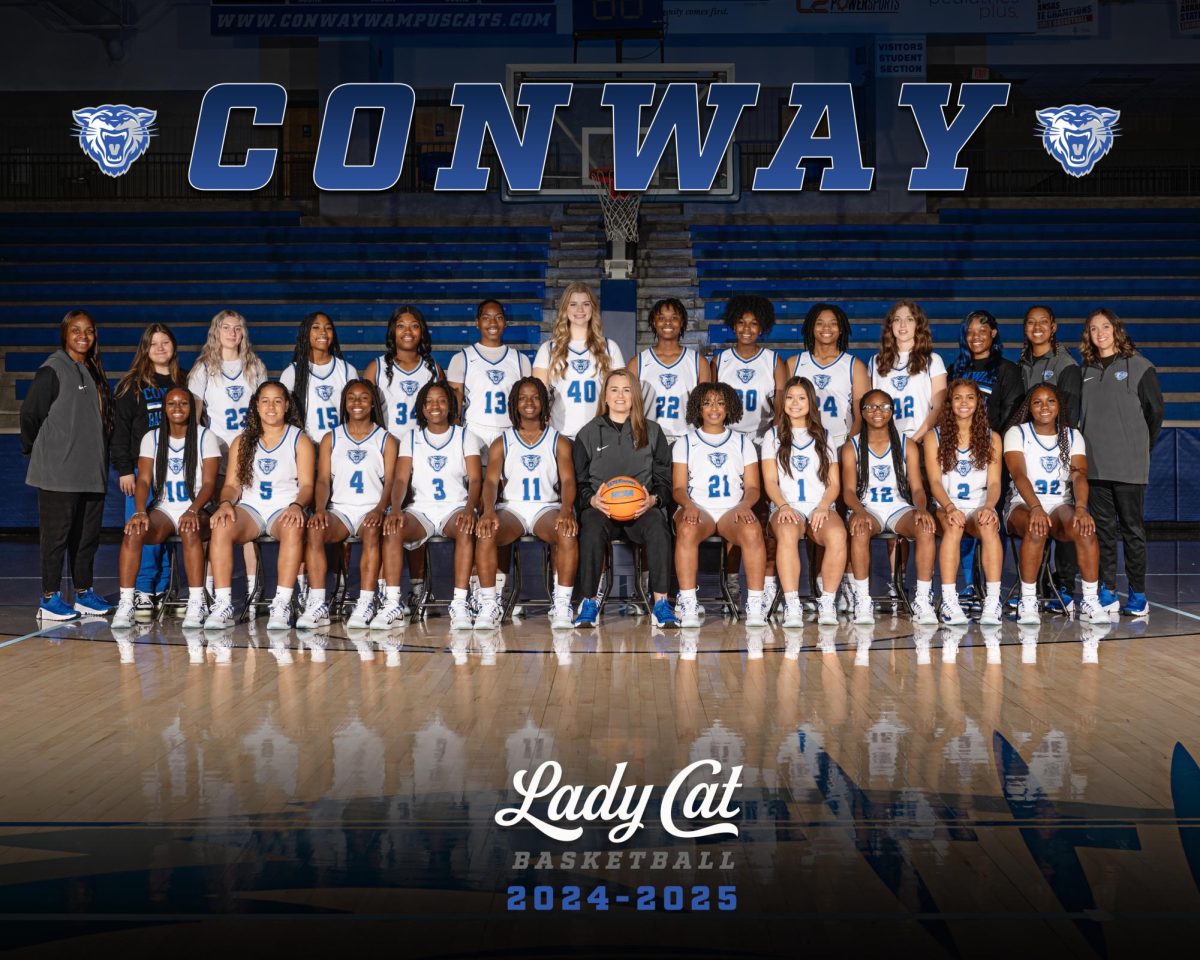Objectivism: Ayn Rand’s Dangerous Philosophy
Rand’s Anthem falls flat in its as it fails to understand what it is actually critiquing.
November 1, 2022
When Ayn Rand first attempted to publish her short novel, Anthem, it was turned down because publishers claimed Rand didn’t understand socialism, and such is severely reflected in her book Anthem. What was originally meant as a critique of a collectivist society, falls flat in its as it fails to understand what it is actually critiquing. From the white halls where only 100 beds sit, to the underground tunnels filled with secret science experiments left over from the “Unmentionable Times,” Anthem does not even address collectivism as experienced within a realistic society.
Rand attempts to preach Objectivism to her readers throughout Anthem, but what even is it? Rand defines objectivism as ‘the concept of man as a heroic being, with his own happiness as the moral purpose of life, with productive achievement as his noblest activity and reason as his only absolute.’ Throughout Anthem, Rand juxtaposes the collective thought with the secret internal ponderings and discoveries of her main character Equality 7-2521. This juxtaposition creates a motivation for the reader to root for Equality, but does it actually say anything about the collective world? Within previously “collectivist” countries, citizens still utilized their names; they were not diluted to only a number, stripping them of all humanity. Rand dramatizes the collectivist society through this, but it sends the message that collectivism is always extremist within their practices. Even within histories worst totalitarian states- Stalinsit Russia in which Rand grew up- individualism was not suffocated to the extremist extent Rand portrays within Anthem, creating a false analogy- leading to an illogical critique of collectivism itself.
Within Anthem, Rand crafts a dystopian society with the purpose of creating political commentary on the ideals of collective societies such as socialist countries, but her world exists in a vacuum- designed to foster Objectivism. Rand attempts to preach objectivism as the cure to the world’s evils because it is consistent enough to be implemented across the world, but it isn’t. Yes, Objectivism is consistent, but this consistency and the simplicity of the philosophy renders it completely unrealistic for a modern society. Objectivism completely ignores the nuances of a complex world, focusing solely on an individual’s happiness, but this leads to conflict when taking into account the social, economic, and biological realities of everyday life. In contrast, Anthem is a fictional world in which all the variables are controlled by Rand, thus she is able to create a space in which Objectivism and its consistency would flourish.
Objectivism has gained popularity from Ayn Rand’s cult following, and it’s quite frightening. If society was run purely by objectivists, how would it even be a society? Society is defined as “a group of individuals involved in persistent social interaction, typically subject to the same political authority and dominant social expectations,” so, if everybody became an objectivist, how would they interact with one another? In a world of objectivism, people would only focus on their own selves, closing the door for meaningful social interaction. If everyone is only constantly worried about their own happiness and well-being, how would society continue? Aiding one another is the glue that holds members of a society together, and, without that, society is lost.
Some degree of collectivism is required to create and maintain a functioning society- whether it be daily human interaction or creating societal bonds through aiding one another- and for Rand to preach otherwise is dangerously fantastical. The following Objectivism has gained since Rand first published Anthem is alarming because the collective nature of society is what holds it together. Modern society is built on partial collectivism, and for Rand to strip society of that quality, would lead to a disjointed world in which no one can truly achieve happiness because one must rely on others in order to survive.

























